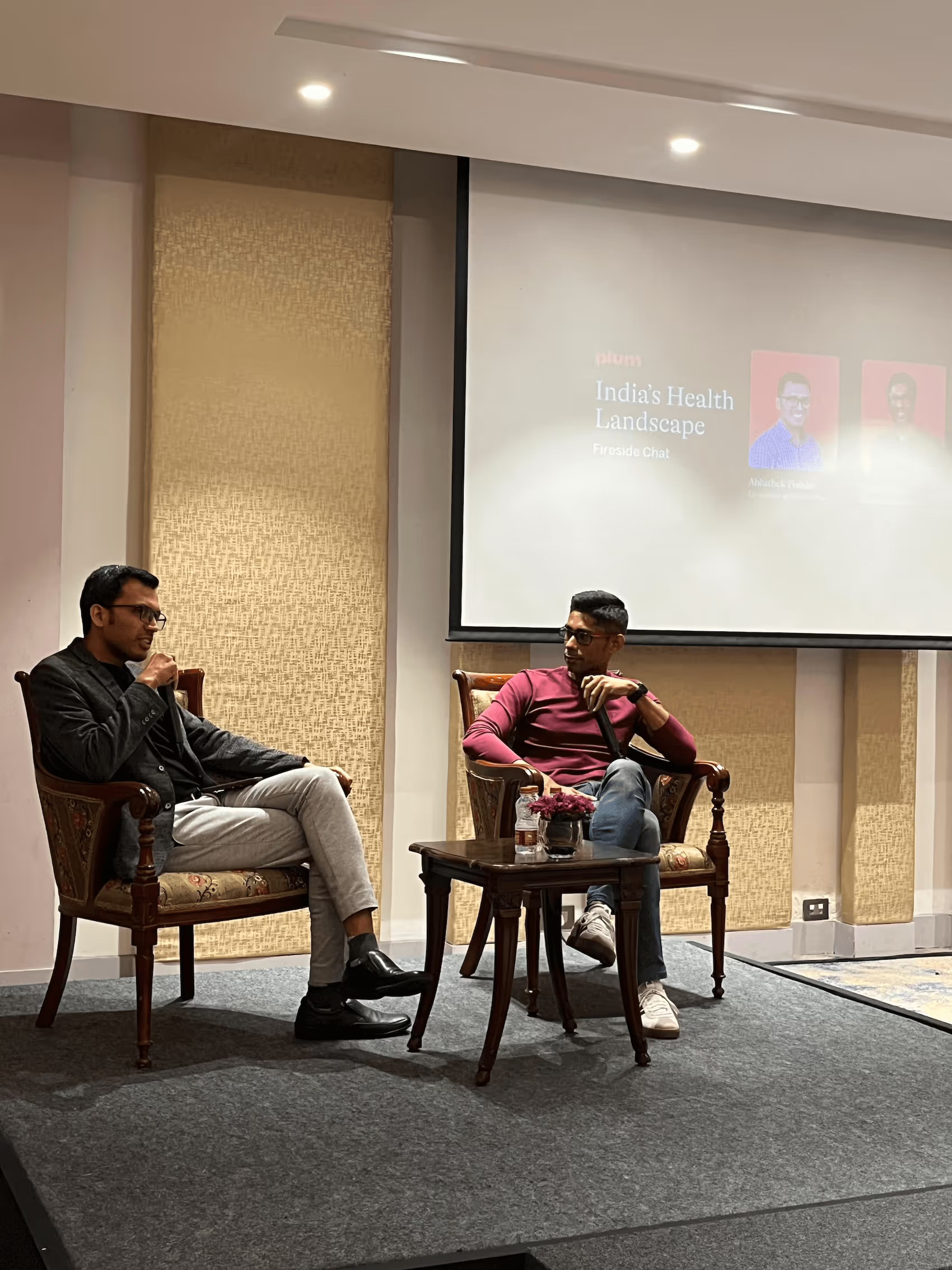For the stoic philosophers of antiquity, fear was a fate worse than disease and death. They believed that while death was the end of a person, fear penetrated into the moral core of a human being. That was unacceptable to them.
“We are often more frightened than hurt; and we suffer more from imagination than from reality.”
Seneca
One of the best-known stoics Marcus Aurelius, emperor of Rome from 161 to 180 AD, witnessed his country being ravaged by one of the worst plagues in European history. It killed an estimated 5 million people, and quite possibly, Aurelius too. It was during this time of the plague that he wrote Meditations. It was a series of personal writings that he recorded in order to give himself psychological and practical advice on living well. He relied on the principles of stoicism.
Many of us have had to face grief and loss in our lifetimes, especially during the pandemic. We could do worse than listen to what the stoics had to say about living life through difficult times.
Why Stoicism? Why now?
Any kind of philosophy is useful only when it can be practiced. What’s beautiful about stoicism is that you already have everything you need to start practicing it for a better life.
We need self-reliant ideas today more than ever. Because there is much that happens in the world that is outside of our control. If you want to live fearlessly, without being anxious, and in the face of pain and loss, then stoicism could be for you.
The 4 Cardinal Virtues of Stoicism
1️⃣ Courage - the stoics believed that there is no better virtue than bravery.
2️⃣ Temperance - no excesses, moderation in all things.
3️⃣ Justice - is about doing what you know to be right.
4️⃣ Wisdom - truth and understanding is the ultimate goal of a stoic’s life.
The most important of all stoic principles is probably the dichotomy of control. It means we must learn to differentiate between what we can change and what we cannot. Between what we can influence and what we cannot. Recognise that no matter how hard you try, no matter how upset or frustrated you may be about it, there’s absolutely nothing you can do to stop the pandemic. It must take its course. No amount of fear or anxiety, frantic-wishing will change that. Instead, we’d be better off recognising the things we can control (our thoughts, our decisions, perceptions, beliefs, actions) and focussing on those.
“You have power over your mind – not outside events. Realise this, and you will find strength.”
Marcus Aurelius
We only have control over our efforts and our actions, but never over outcomes. The stoics would tell us today - acknowledge that the pandemic isn’t really in your control, but how you react to it is.
“It isn’t events themselves that disturb people, but only their judgments about them.”
Epictetus
The stoics believed in taking the ‘view from above’; Plato’s view. It asks us to zoom out of our lives, our problems, our limited perceptions, and look at humanity as a whole, then zoom out further, looks at the planet in its entirety, and take note of the billions of people and countless creatures that live on it. Then we become aware of how small we really are and gain perspective about our place in the larger scheme of things.
“Today I escaped anxiety. Or no, I discarded it, because it was within me, in my own perceptions not outside.”
Marcus Aurelius
To the stoics, misfortunes were opportunities to become better. That’s not to say they wished for bad times, but when bad times did arrive (as they inevitably did) they resorted to an exercise called Turning the Problem Upside Down. When they did that successfully, the ‘bad’ could be perceived as a ‘good’. How do we do that? Most of us have heard the long-held belief that successful people turn their failures into opportunities. What the stoics believe isn’t very different from that. They saw misfortunes as opportunities to show fortitude, they saw them as opportunities to face their fears and come out the other side braver and better. In a stoic’s life, everything that happened was a chance to progress closer to the 4 virtues.
Yet another exercise to gain perspective on life is the stoic belief that all things in our lives are transient. Achievements, possessions, problems, success, and failure - all are momentary. Being present at the moment, being a good person right now - that mattered more. It’s a lesson not to become too attached to things and ideas, to welcome change, and to be aware and humble, that one day we will be gone and the only thing that would have mattered is how we lived when we were alive.
Journaling was second nature to the stoics. The original stoic Seneca said to a friend “I examine my entire day and go back over what I’ve done and said, hiding nothing from myself, passing nothing by.” To them, philosophy was something you had to write and experience ‘flowing through your fingers.' The stoic habit of journaling was not just the same as keeping a diary. It was about reflecting on your experiences, recording them, coming back to them again and again, and thinking about the quality of those experiences. Journaling is a life-long process of having conversations with yourself that you may not have with anyone else. With modern advancements, a daily journal can serve as a digital companion in this practice, making it easier to reflect on your experiences consistently.
Fortunately for us, it’s because the stoics journaled extensively, that so many of their teachings have survived through the ages.
“Don’t explain your philosophy. Embody it.”
Epictetus
A Plum Wellness Event: check out this talk by noted Author and Professor Massimo Pigliucci on how to be a stoic.
https://www.youtube.com/watch?v=9EMDAbhzCj8&t=1s&ab_channel=Plum
Follow us on Twitter:
https://twitter.com/getplumhq/status/1488182629207711744?s=20&t=YQodX6fmet0yotDYCW1lmg
Check out Plum Insurance here.
.avif)










.avif)














